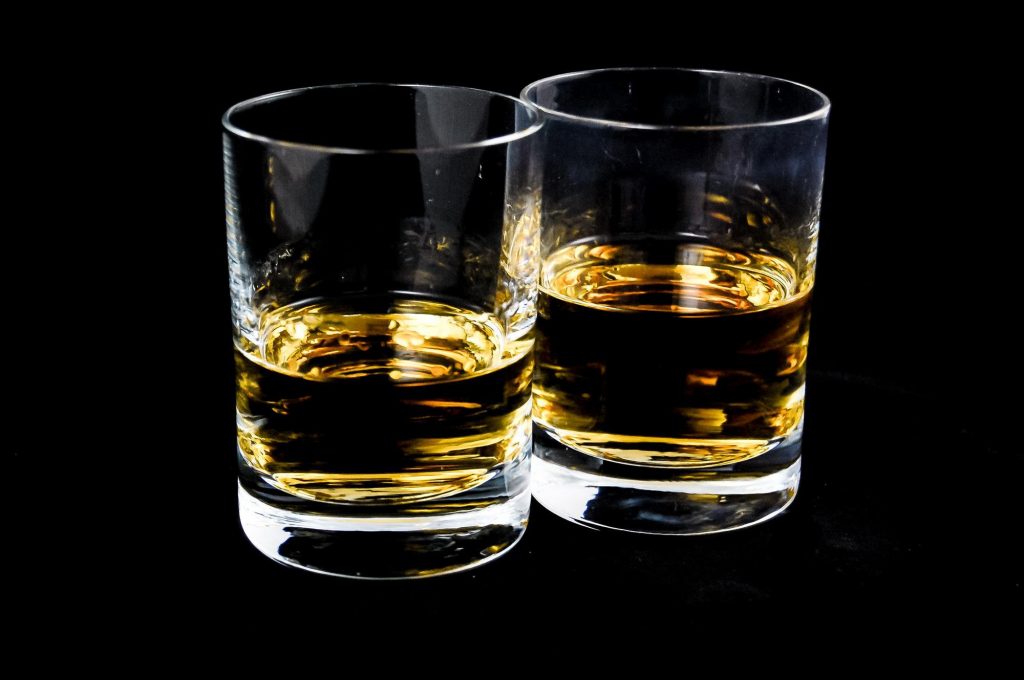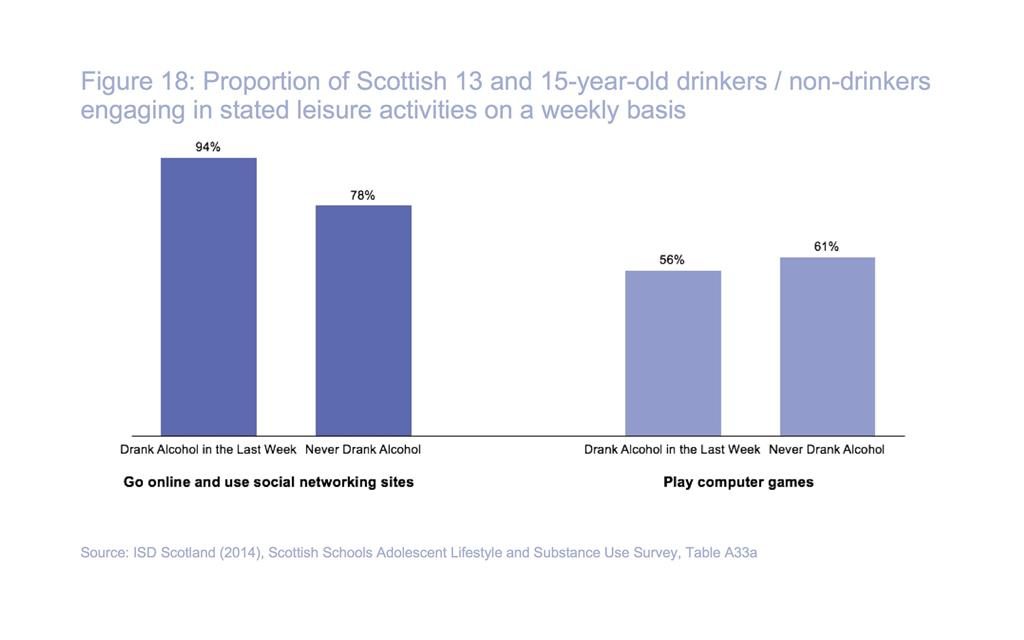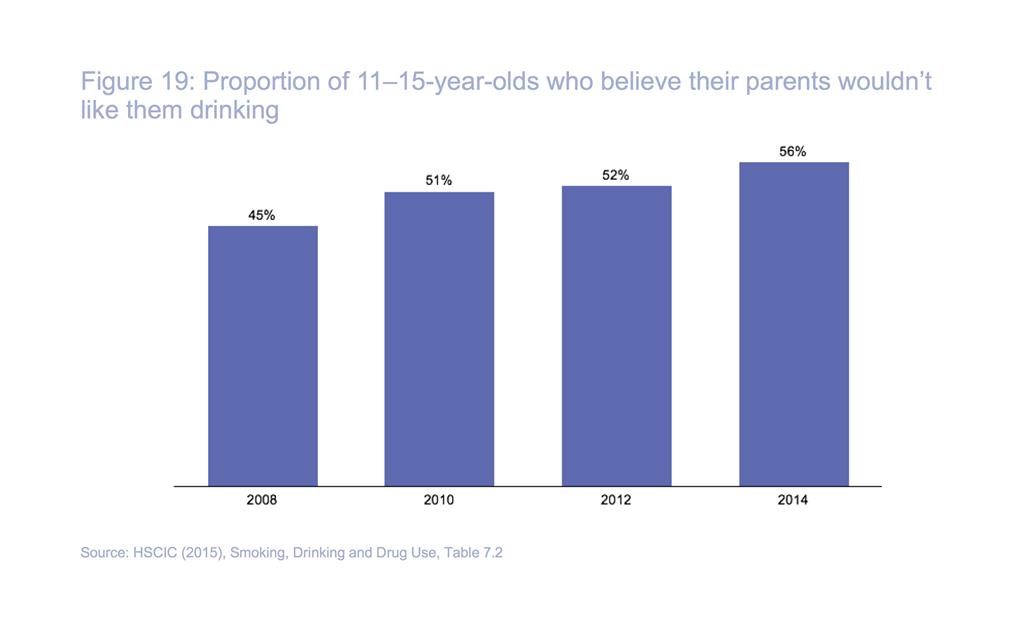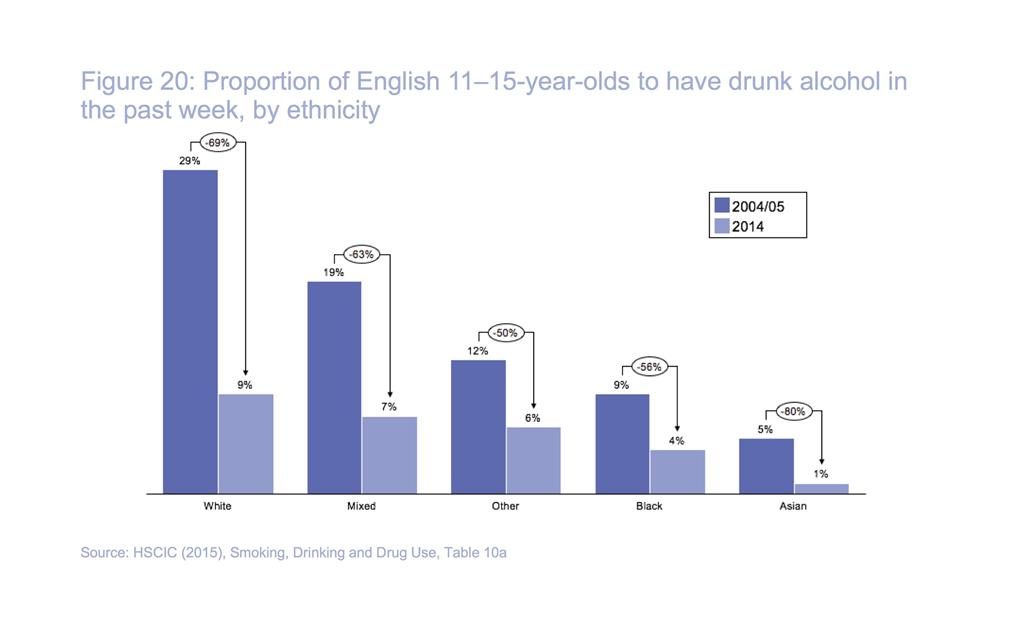The UK government has proven itself perfectly capable, over recent decades, at curbing underage access to alcohol.
So, with discussion around legalising and regulating cannabis in the UK intensifying, concerned Middle Englanders may need reminding that regulation most certainly does not translate as ‘free-for-all’. Indeed, major world economies such as the USA and Germany are in the midst of rigorously planning for their own cannabis legalisation projects. Have a peek across the pond at Canada, where only last Tuesday a specialised task force published a prototype list of regulatory rules and conditions for legalisation, which included the following:
Adults be allowed to grow up to four plants and possess 30 grams of dried cannabis
Marijuana and alcohol not be sold in the same retail locations, clearing the way for alcohol-free cannabis lounges
Advertising, including sponsorship and endorsements, be restricted
Cannabis products be required to have plain packaging that includes levels of active ingredients
The government roll out a public health education campaign around the harms related to cannabis use, including impaired driving
Canada appear keen not to invoke the relative laxity of Colorado, whose relatively lax, tourist-friendly manner of legalising cannabis back in 2014 invited criticism:
At a certain point, I started to suspect that [Denver’s] reefer tourist moguls were getting their clients high mainly for the purpose of relieving them of their money. “Feel free to load those pipes, guys — someone roll a fatty!,” our guide aboard the party bus encouraged us, as we climbed on for the tour. This was only hours after the cooking class, and those taking part in both events were by that point wasted. But the exhortation to smoke more pot — not least, on the way to a pot lab — was simply too enticing to pass up.
Going about legalisation in a decidedly more, shall we say, sober, manner would therefore appear to be the most palatable approach, considering the increasingly conservative nature of the UK electorate. Canadian PM Justin Trudeau has committed to framing the legalisation issue as first and foremost a measure to better protect children from having access to the unregulated criminal market for cannabis. So, with the latest statistics showing that smoking and drinking among young people is the lowest on record in England, the government have proven success with regulating substances and diminishing their associated harms.
The Institute of Alcohol Studies have provided a handy guide to the numerous factors that have contributed to the decline of underage drinking in the UK.
Youthful Abandon – a report from the IAS, outlines these factors, and provides graphs and further analysis into the decline of underage drinking. Their first point directly concerns legal enforcement, stating that since the introduction of age verification initiatives such as Challenge 21 (which soon became Challenge 25) underage purchases of alcohol soon reduced:
Data from Serve Legal, a private company offering test purchase services, shows that 45% sold to underage consumers in 2007, but that this had declined to 24% in 2010.[4] By 2015, 13% of supermarkets and 17% of convenience stores failed test purchases.[5]
The time period between 2007 and 2010 also marks the advent of social media, which is the second key factor identified by the report. The IAS theorise that, essentially, young people are simply more preoccupied with spending their leisure time on the computer, engaged in social networking or playing computer games, and are as a result less likely to be spending their time trying to get drunk.
The graph above complicates this thesis somewhat, as social networking appears to actually lead to increased likelihood of underage drinking, perhaps because of exposure to alcohol advertising online.
However, they make the case that those who use social media often may be less inclined to drink as it may lead to compromising photo evidence archived online which could later detract potential employers in the future. Regardless, that computer games keep minors away from alcohol seems prevalent and positive.
Changes in the nature of what type of recreational activities young people are more likely to engage in, such as the aforementioned computer-based pastimes, have played their part. It also appears that younger generations are less likely to drink having seen the health and social damages of alcohol play themselves out amongst their parents. The ICA describes the reduction in drinking as ‘a ‘backlash’ against the heavier consumption of earlier generations’. ‘[..]it has been suggested,’ they continue, ‘that the fall in underage drinking reflects the tipping point into a new ‘wave’ of attitudes turning against alcohol consumption’.
Similarly so, these attitudes may well have been instilled in the younger generations by their parents themselves: ‘Parents appear to be taking a stricter line on alcohol: the proportion of children who believe their parents would not approve of them drinking has risen from 45% in 2008 to 56% in 2014’.
The report also suggests that demographic shifts have also had an impact:
‘[..] ethnic minorities are less likely to drink than white children, so it has been suggested that the increase in ethnic minorities helps account for lower overall drinking’. White children may also be influenced by their teetotal peers, causing a knock on effect in reducing alcohol consumption.
Finally, it appears that the economy itself has had an effect on curbing underage drinking. The financial crisis and recession has simply altered the affordability of alcohol to young people, who most likely have less financial means to begin with:
It is well established that alcohol consumption is strongly influenced by affordability. [24] The recent recession has led to slow wage growth – which filters down to children through their families, but also reduces their direct earning power. At the same time, the Government raised taxes on alcohol – between 2008 and 2013, alcohol duty was increased by 2% above inflation each year.
All in all, a myriad of social and economic factors have conspired too curb underage drinking. It should bear mentioning that these factors differ in the amount to which they can be directly attributed to government policy. However, what is certain is that the government have shown they can provide leadership on the issue, and could therefore be trusted to provide the same decisive, proactive approach to a regulated cannabis market in the UK.
Words by Calum Armstrong. Tweets @vf_calum




